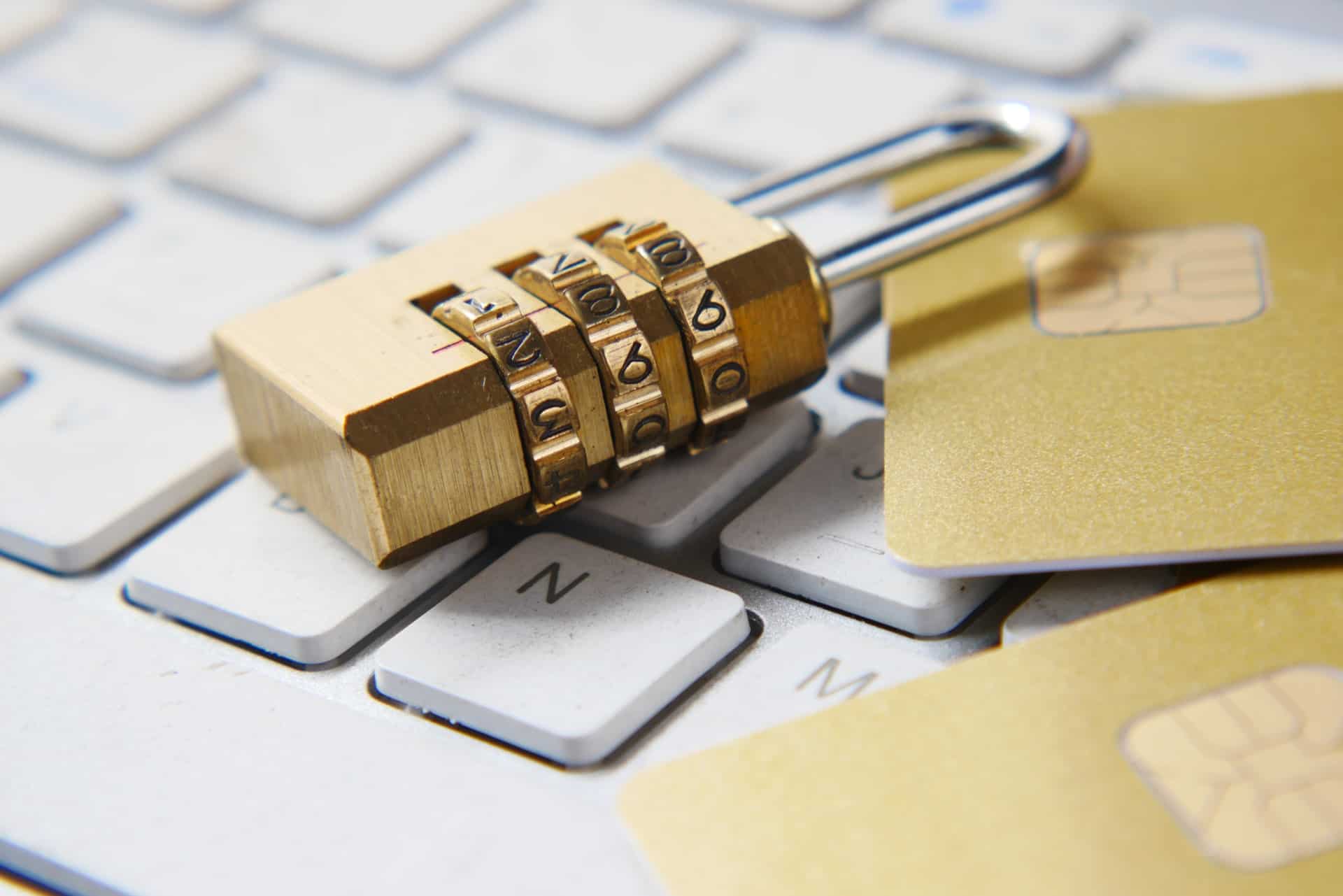Information security is an important aspect of any organization. It ensures that confidential and sensitive data are protected from unauthorized access and misuse. Microsoft Teams, a part of the Office 365 suite, is used by many organizations to collaborate and communicate in real-time. As such, information security for Microsoft Teams must be taken seriously. In this article, we will discuss the top importance of information security for Microsoft Teams and why it’s essential for your organization.
Information Security Helps Keep All Communication Secure
Microsoft Teams is a secure cloud-based collaboration platform that enables secure messaging, file sharing, and video conferencing. The security of Microsoft Teams is paramount to the success of any organization that uses it for communication. This is why information security measures are a top priority for Microsoft Teams users.
To further enhance security, organizations can buy a VPN service that encrypts all network traffic between the user’s device and the company’s network. This prevents snooping of communication over public Wi-Fi or cellular networks. A VPN creates a private tunnel so that all Microsoft Teams communication remains confidential.
Information security helps protect data from unauthorized access, modification, or misuse by malicious actors. It ensures secure MS Teams communications between end-users, as well as secure remote access to sensitive information stored on the cloud. This makes it so important for companies using MS Teams to have security protocols in place, such as multi-factor authentication and encryption methods like TLS (Transport Layer Security). This reduces the chance of attackers gaining access to confidential data or hijacking ongoing conversations.
It Ensures Only Authorized Personnel Have MS Teams Access
Information security for Microsoft Teams is also vital in ensuring that only authorized personnel can access the platform’s features. You can control who has access to your team by assigning different roles and permissions – such as admin, guest, and limited user. This allows you to protect sensitive data from being accessed by anyone who does not have the necessary privileges.
Using robust authentication processes such as two-factor authentication (2FA) is key for preventing unauthorized access; this ensures that only those who know the username/password combination can gain entry into an organization’s Microsoft Teams account. Additionally, organizations can control access to the data stored within MS Teams by limiting who has permission to view and edit files or documents. This ensures that only people with authorized clearance can access sensitive information, thus reducing the risk of a breach or misuse of confidential data.
Information Security Helps Organizations Maintain Compliance
Information Security is critical for any business, as it helps protect both confidential and sensitive data. In the case of Microsoft Teams, having reliable security is especially important due to the increasing number of remote workers collaborating within each team. With the increase in collaboration comes an increase in potential threats that could put your organization’s data at risk – from malware to phishing attacks – which can damage your company’s reputation and financial status if not addressed properly.
A robust information security system is essential for organizations using Microsoft Teams, as it ensures compliance with industry regulations such as GDPR and HIPAA. As regulatory bodies tighten their data privacy and protection regulations, compliant organizations can demonstrate their dedication to protecting their customers’ data and show that they have taken the necessary measures to protect it.
In addition, information security helps organizations maintain compliance with internal protocols and policies as well. Only authorized users can access sensitive data, preventing potential data leaks or breaches. Moreover, a strong security system can also help detect unauthorized changes or activities on your network to prevent any malicious activity from occurring.
It Helps Protect Against Malicious Attacks
As pointed out earlier regarding authorized access, information security not only helps protect organizations from internal access mixups but also malicious attacks. This can be achieved in several ways, such as keeping data secure from hackers and preventing unauthorized access to sensitive information. By utilizing strong passwords, encryption technologies, two-factor authentication processes, and other security protocols, organizations can ensure that their data remains safe from outside intrusions. Additionally, organizations should use firewalls and anti-malware software to prevent malicious attacks from infiltrating their systems.
Organizations using Microsoft Teams should also be aware of the potential risks associated with collaboration and communication platforms, such as email phishing scams and malware downloads. To protect against these threats, organizations should ensure that all users know the best practices for identifying suspicious links or emails and have procedures to report any suspected breaches. Additionally, they should regularly review access permissions and ensure that only authorized personnel can access sensitive information.
Information Security Helps Keep Data Private
Finally, information security for Microsoft Teams helps keep data private. When sharing sensitive information within the platform, it’s essential to ensure that only those who need access to the data have it. With Microsoft Teams, you can select which team members have permission to view and modify certain files. This ensures that sensitive information remains secure and private.
Information security for Microsoft Teams is essential for any organization that uses the platform. It helps keep communication secure, allows you to control who has access to features, ensures compliance with various regulations, protects against malicious attacks, and keeps data private. By taking a proactive approach to information security for Microsoft Teams, organizations can protect their confidential data and ensure only authorized personnel have access to it.
